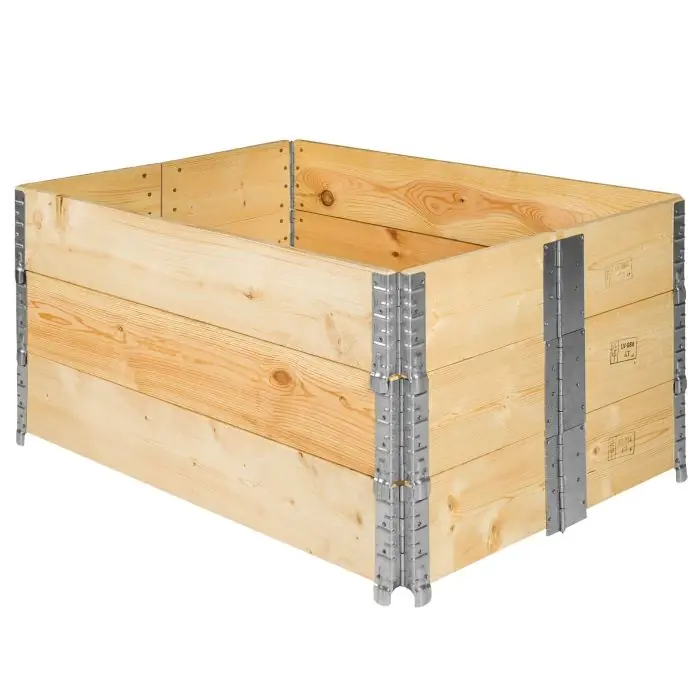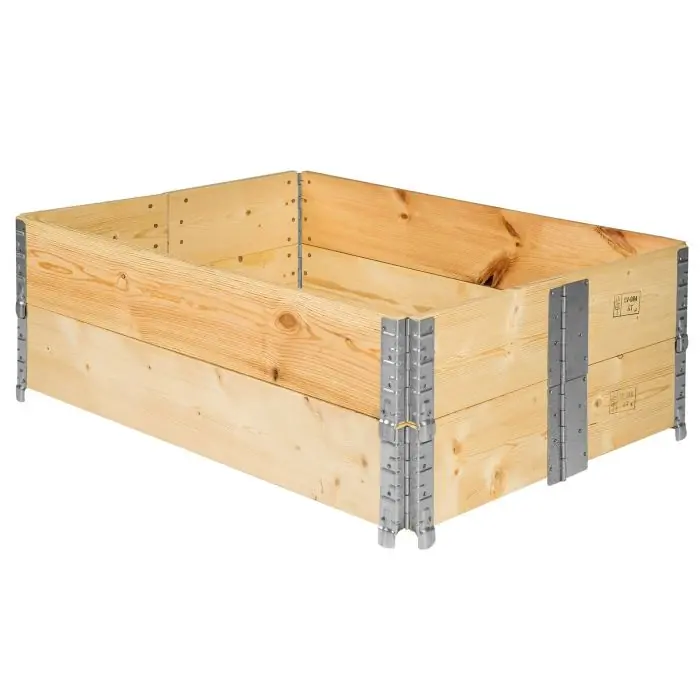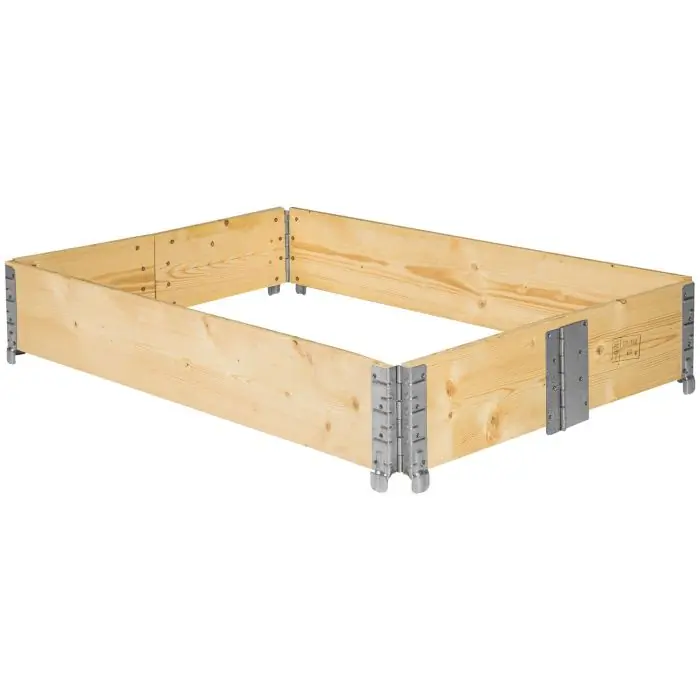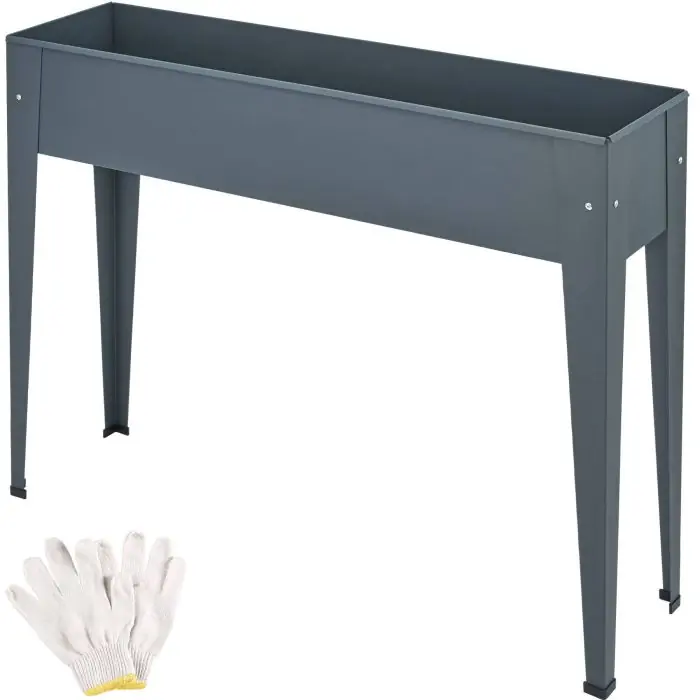What Are the Benefits of Using Raised Beds?
Choosing raised beds for your garden offers numerous advantages over traditional in-ground gardening. First and foremost, raised beds give you greater control over your soil quality. By using the right blend of compost, topsoil, and organic matter, you can create the ideal growing environment for your seeds, whether you're cultivating flowers, herbs, or vegetables. Additionally, raised beds improve drainage, reducing the risk of root rot and keeping your plants healthy, even during heavy rain. Another key benefit of using raised garden beds is weed control. Since the growing area is elevated and isolated, it’s harder for weeds to invade your garden. This saves you time and effort when maintaining your plants. Raised beds also warm up faster in the spring, giving you the chance to start planting earlier in the season. Whether you're growing fruit, vegetables, or beautiful flowers, raised beds create a more productive, manageable, and organized gardening space.
How to Choose the Right Material for Your Raised Bed?
When it comes to selecting the best material for your raised garden bed, it’s essential to consider both aesthetics and functionality. What material should you choose for your raised bed? If you’re looking for something durable and long-lasting, metal raised garden beds are an excellent option. Metal raised beds, particularly galvanised raised beds, are rust-resistant and can withstand harsh weather conditions. This makes them perfect for year-round gardening, especially if you live in an area with unpredictable weather. For those who prefer a more natural look, wooden raised beds are a classic choice. Wood, such as cedar, provides a beautiful rustic appearance and is naturally resistant to rot. It’s ideal for gardeners who want to create a traditional garden aesthetic while still enjoying the benefits of a raised planter. Whether you go for metal or wood, choosing the right material will enhance your garden’s look and improve the growing conditions for your plants.
Planting and Growing in Raised Beds
Planting in raised planter boxes offers a simple and organized way to nurture a thriving garden. To get the most out of your raised beds, it’s essential to start with the right soil mix. Because raised beds drain better than traditional garden beds, using a high-quality, moisture-retentive soil mix is crucial for keeping your plants well-fed and hydrated. This is particularly important when growing vegetables and fruit, which require consistent moisture levels to thrive. How do you start planting in raised beds? First, fill your bed with rich, organic soil or compost to ensure that your seeds have the nutrients they need. After filling the bed, space your plants or seeds properly to avoid overcrowding, which can stunt growth. With raised beds, it’s easy to practice companion planting, allowing you to grow different varieties—like herbs, flowers, and vegetables—together in the same raised garden bed. This not only optimizes space but also supports healthier plant growth.
Why Choose Raised Beds for Growing Vegetables and Flowers?
If you're serious about growing fresh produce or beautiful blooms, raised flower beds and raised garden beds provide the perfect environment for success. By giving you full control over your soil composition and drainage, raised beds make it easier to create an ideal growing space for sensitive plants. Raised beds also help your garden warm up quicker in the spring, meaning you can start planting earlier and extend your growing season for certain crops and flowers. Additionally, raised planters help organize your garden layout, making it easier to focus on specific crops or flowers without crowding. You can grow anything from vegetables like tomatoes and cucumbers to delicate flowers like roses or marigolds, all within the structure of a raised bed. Whether you opt for wooden beds for a natural look or metal raised beds for durability, you’ll find that raised beds offer a clean, efficient, and visually appealing way to garden, especially if you’re limited on ground space.



